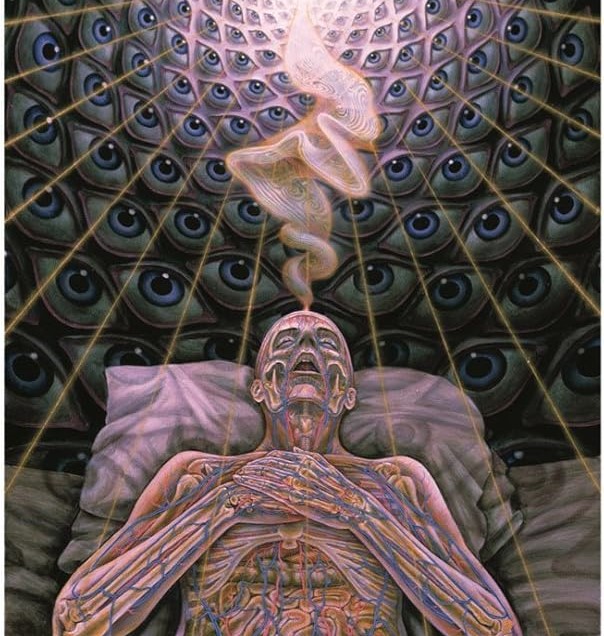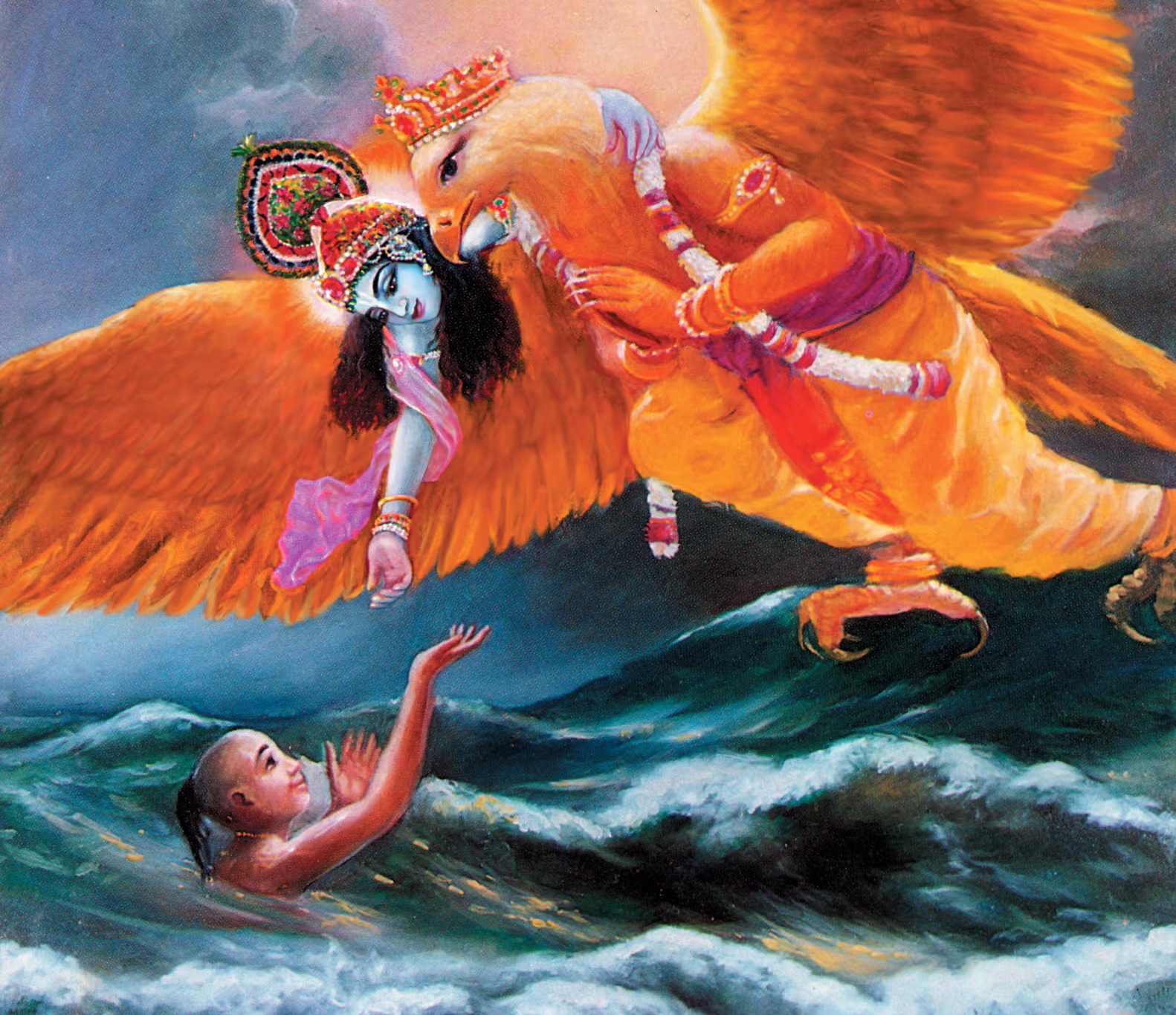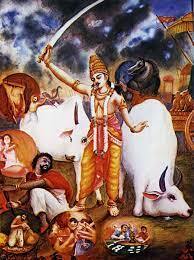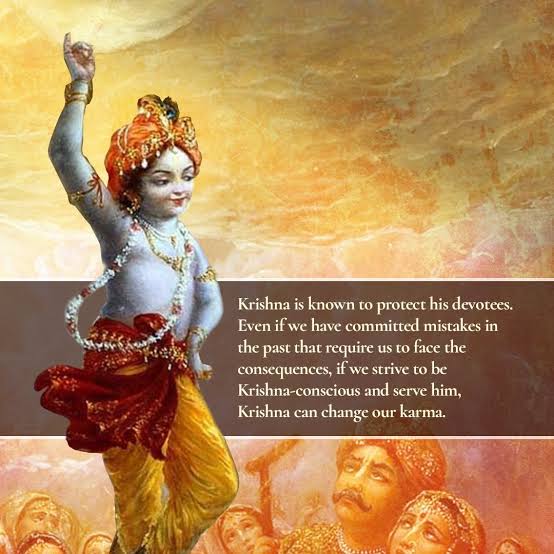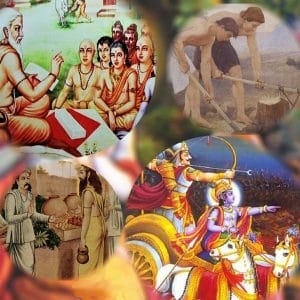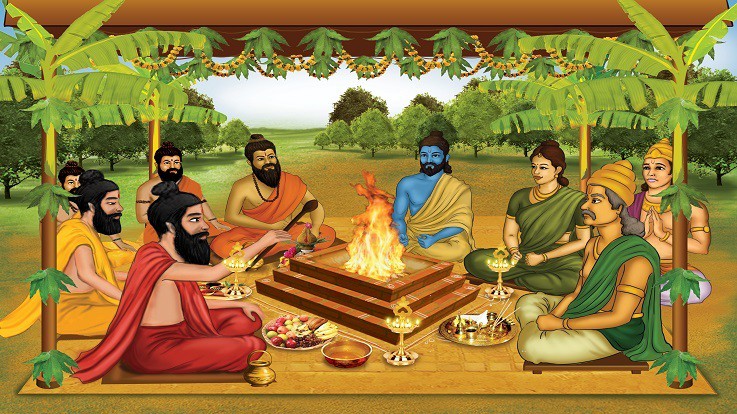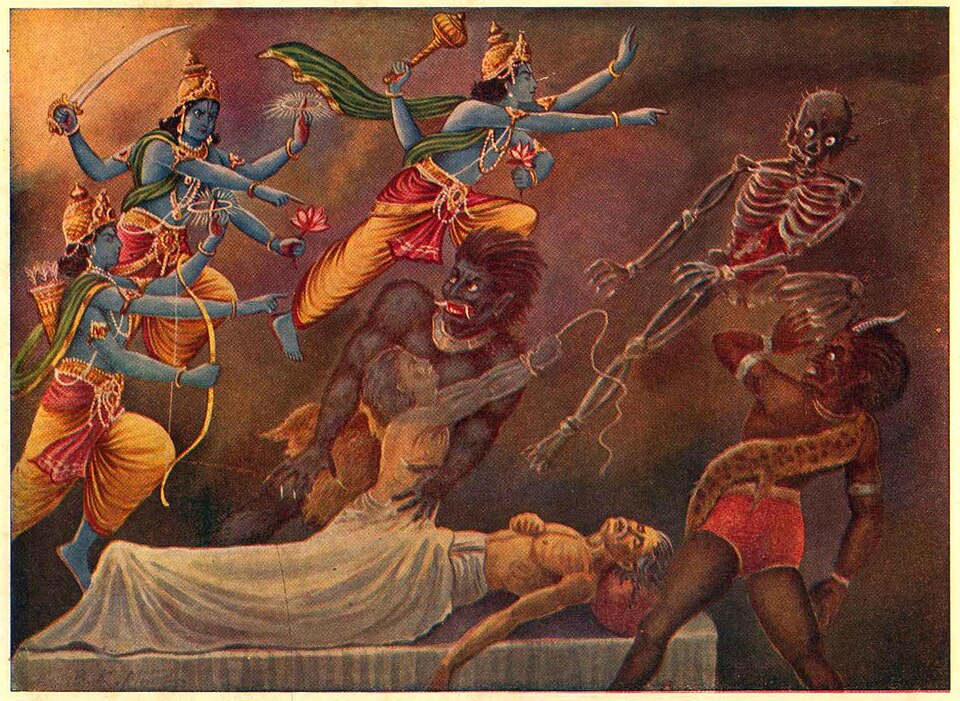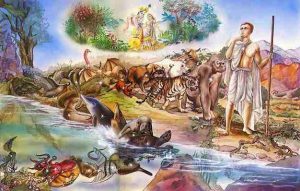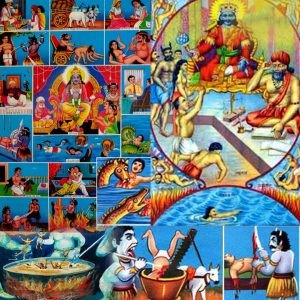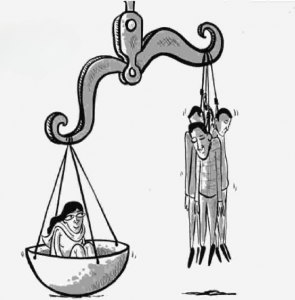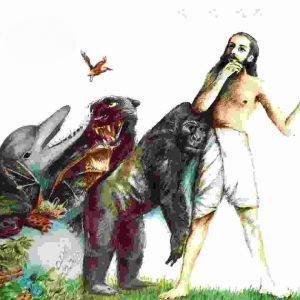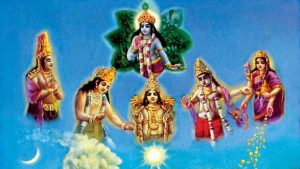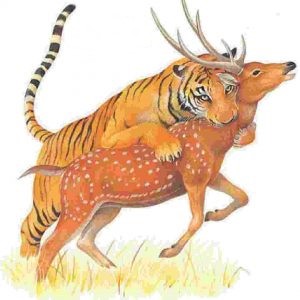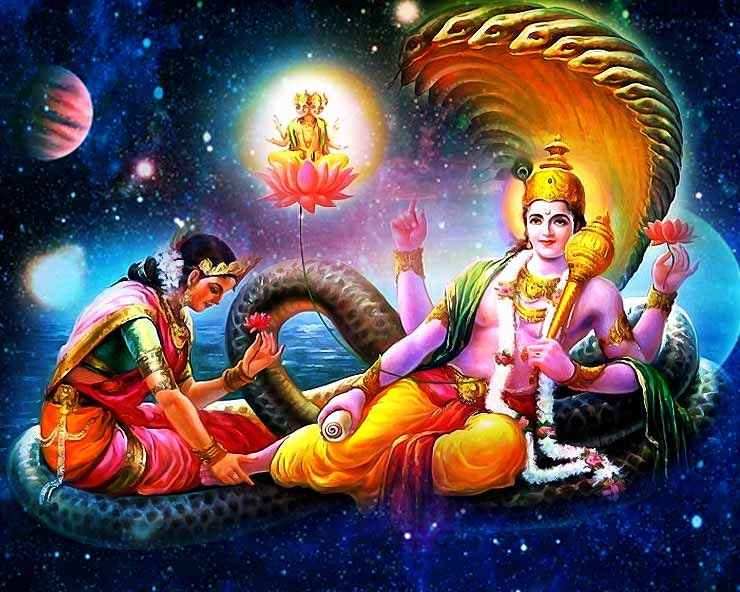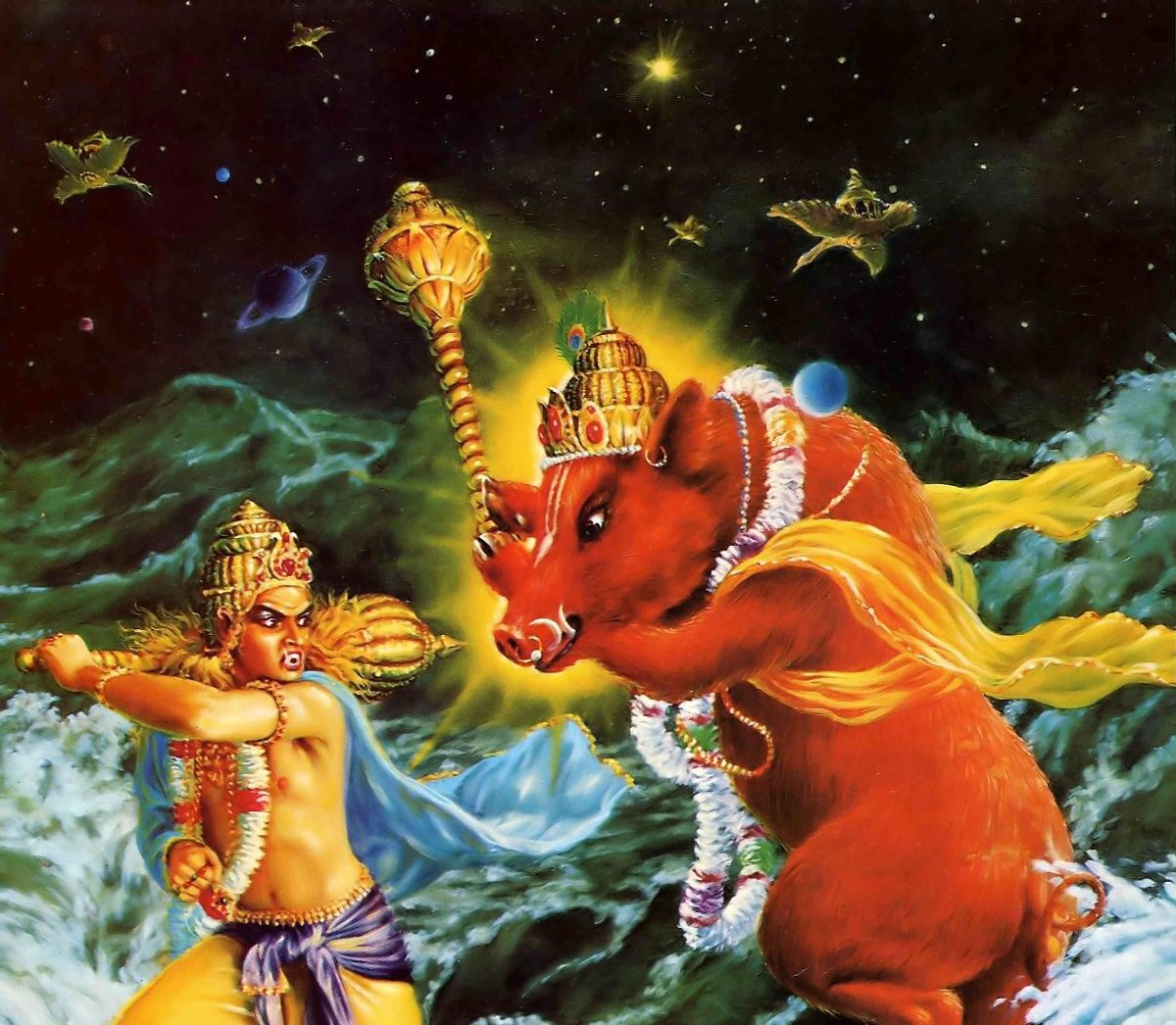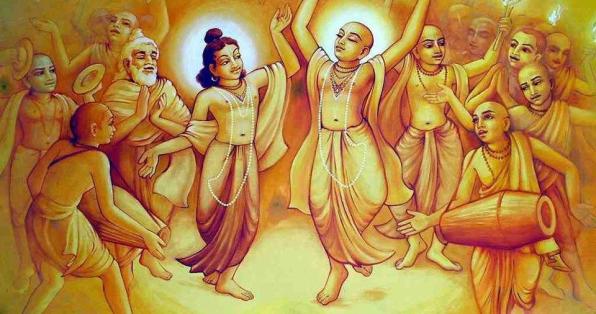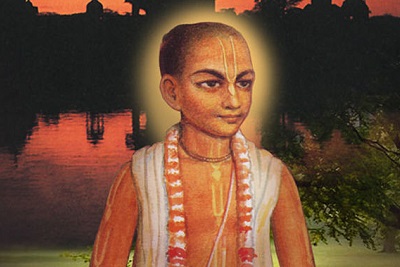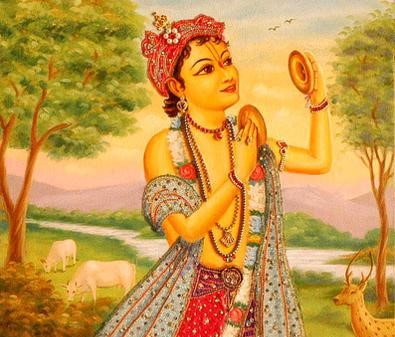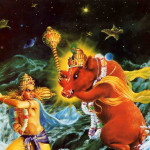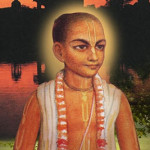The mind is the storehouse of various thoughts and experiences undergone during our past lives.
In dreams, we sometimes see things that we have never experienced in the present body. Sometimes in dreams, we think that we are flying in the sky, although we have no experience of flying. This means that once in a previous life, either as a demigod or astronaut, we flew in the sky. The impression is there in the stockpile of the mind, and it suddenly expresses itself. It is like fermentation taking place in the depths of water, which sometimes manifests itself in bubbles on the water’s surface. Sometimes we dream of coming to a place we have never known or experienced in this lifetime, but this is proof that in a past life we experienced this. The impression is kept within the mind and sometimes becomes manifest either in a dream or in thought. The conclusion is that the mind is the storehouse of various thoughts and experiences undergone during our past lives. Thus there is a chain of continuation from one life to another, from previous lives to this life, and from this life to future lives. This is also sometimes proved by saying that a man is a born poet, a born scientist or a born devotee. If like Maharaja Ambarisa, we think of Krishna constantly in this life (sa vai manah Krishna-padaravindayoh), we will certainly be transferred to the kingdom of God at the time of death. Even if our attempt to be Krishna conscious is not complete, our Krishna consciousness will continue in the next life. This is confirmed in Bhagavad-gita (6.41):
prapya punya-krtam lokan usitva sasvatih samah
sucinam srimatam gehe yoga-bhrasto ‘bhijayate
“The unsuccessful yogi, after many, many years of enjoyment on the planets of the pious living entities, is born into a family of righteous people, or into a family of rich aristocracy.”
If we rigidly follow the principles of meditation on Krishna, there is no doubt that in our next life we will be transferred to Krishnaloka, Goloka Vrindavana.
Source: A.C. Bhaktivedanta Swami Prabhupada (2014 edition), “Srimad Bhagavatam”, Fourth Canto, Chapter 29 – Text 64

